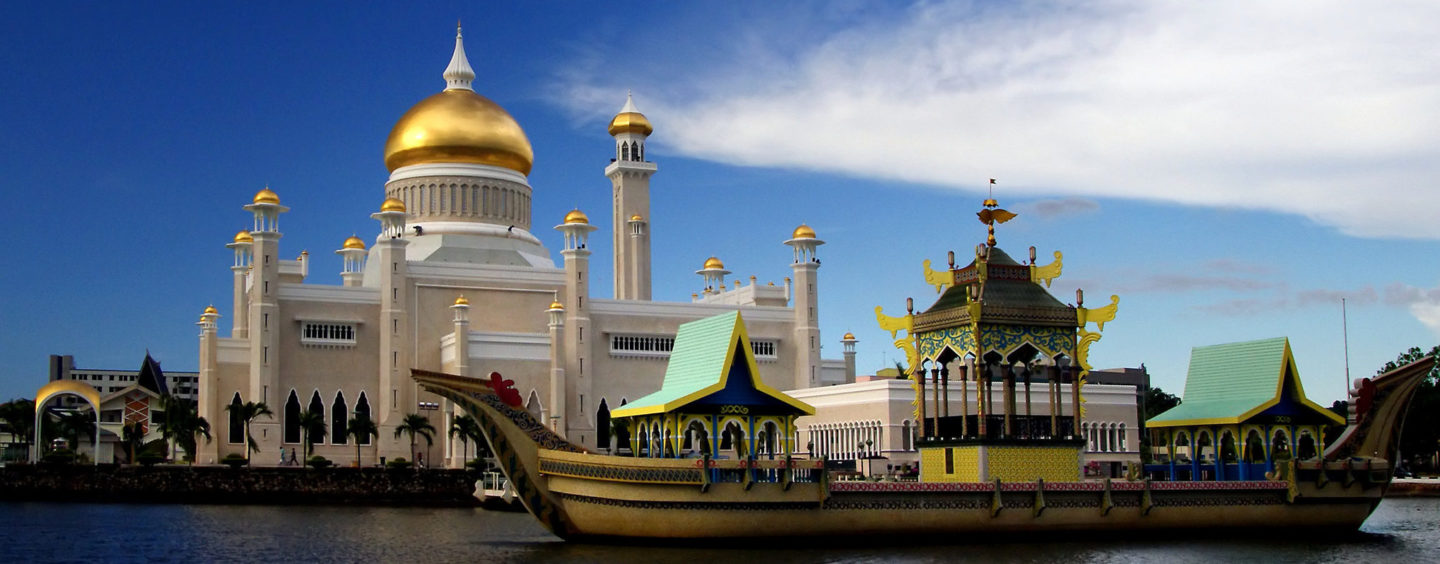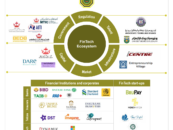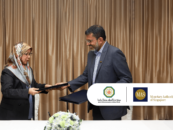Brunei is the latest country in Southeast Asia to join the fintech race. Like most of its neighbors, the Southeast Asian nation is looking to develop its fintech sector, leveraging its highly-skilled workforce and expertise in Islamic finance.
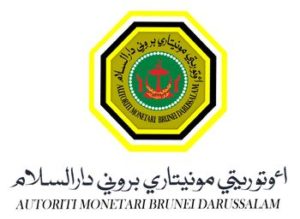
Monetary Authority of Brunei Darussalam Darussalam (AMBD)
The launch of a fintech regulatory sandbox earlier this year demonstrated the country’s commitment to advance financial innovation and digital finance. The Monetary Authority of Brunei Darussalam Darussalam (AMBD), the country’s central bank, said in March that the move was aimed at encouraging fintech development while ensuring the stability of the Brunei’s financial industry.
The sandbox allows startups and firms to experiment with new products and services, as well as business models. It allows for the execution of software or programs for evaluation, monitoring or testing in a controlled environment and a relaxed regulatory space for a limited period of time.
The launch of the sandbox followed the establishment of the Fintech Unit by the central bank, a “one-stop virtual facilitation office” for interested parties to contact the AMBD on any matter related to fintech.
These are part of Brunei’s Wawasan 2035, a nationwide plan that sets out the economic vision of Brunei over the next two decades. It is centered on developing a diversified, dynamic and sustainable economy. Despite being the fifth richest nation out of 182, according to Forbes, Brunei heavily relies on its petroleum and natural gas resources.
The plan puts an emphasis on innovation especially in the financial services sector. In the which it is set to modernize by developing a supportive ecosystem for digital solutions and innovative financial institutions and services.
The Brunei Darussalam Financial Sector Blueprint (FSBP), 2016-2025, released earlier this year, lays out the roadmap of how Brunei’s financial sector will grow in the years to come with an aim to become one of Asia’s most competitive and innovative hubs. This involves establishing a supportive fintech ecosystem and developing competitive and innovative financial institutions and services.
“The goal is to successfully develop the country’s financial services sector and compete with developed regional competitors,” said Yusof bin Haji Abdul Rahman, the managing director of the AMBD.
With the launch of the Financial Sector Blueprint, he said the financial industry is expected to grow by an average of 7% annually.
Islamic fintech
With a strong Islamic banking sector and a growing Islamic insurance industry, Brunei has drawn much attention internationally as a center for Islamic finance. It currently ranks 14th out of 124 countries that practice Islamic Finance on the ICD Thomson Reuters Islamic Finance Development Indicator 2016.
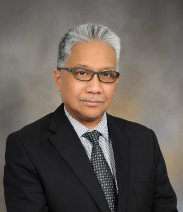
Yusof Abdul Rahman, Managing Director, Autoriti Monetari Brunei Darussalam
“Over the past couple of years, the Islamic finance sector in Brunei Darussalam has flourished,” said Abdul Rahman. He noted that “Islamic Fintech” in particular has garnered much interest in the global market.
“We have seen significant developments in a number of jurisdictions with regards to [Islamic fintech],” he said. “It provides a new gateway for new participants in the financial market, allowing them to tap the economic opportunities in the region.”
South Korea is amongst the countries that are looking to tap into the Islamic fintech opportunity. The country wants to build ties with Brunei, keen on collaborating with the Southeast Asian country to develop local startups specializing in fintech applications.
Jeon YounKab, the senior advisor and director of the Korea Fintech Industry Association, said that South Korea was interested in a collaborative model where the technologically-advanced Asian nation would provide the platform while Brunei handles its own content.
Kim TaeBong, CEO of South Korean cyber-security company KTB Solution, said that Brunei’s knowledge in Islamic finance could be an area for potential collaboration.
According to Md Nor Shafiee Dato Paduka Hj Abdul Jalil, Brunei’s Deputy Permanent Secretary (IT, E-Government and Industry) at the Prime Minister’s Office, fintech is relatively unexplored in the realm of Islamic finance, making it an ideal space for Brunei.
“The good thing for Brunei is that financial technology in Islamic finance is new ground so that means there is potential for us to excel in that area,” he said.
Featured image: Sultan Omar Ali Saifuddien Mosque, Bandar Seri Begawan, Brunei, by Bernard Spragg. NZ, via Flickr.



